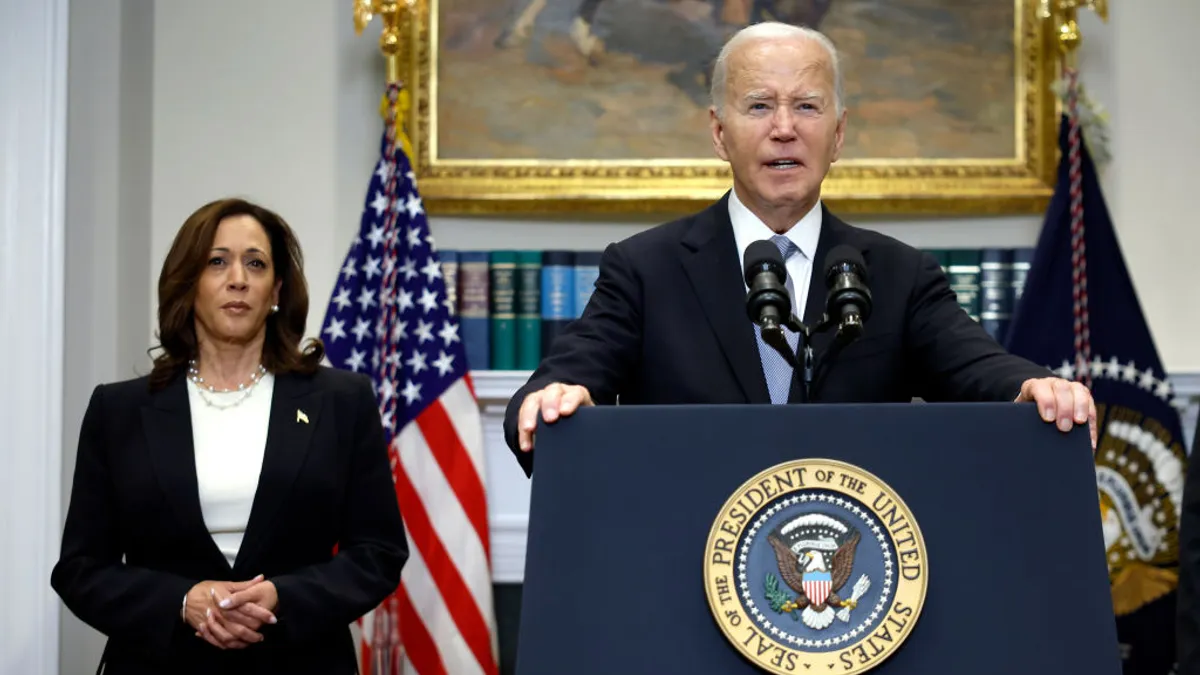The Office of the United States Trade Representative opened the process on Tuesday for manufacturers to request that certain machinery be excluded from upcoming Section 301 tariff hikes.
The exclusions would protect some domestic manufacturers from upcoming tariff hikes aimed at goods made in China, including electric vehicles, batteries, critical minerals, semiconductors and solar cells. The final tariff structure includes 14 product categories that cover thousands of items.
The exclusion process covers specific machinery used in domestic manufacturing, particularly for solar manufacturing. This includes “machines used to physically alter a good in the manufacturing process,” according to the USTR’s Sept. 18 notice in the Federal Register.
The deadline to submit exclusion requests to the USTR is March 31, 2025.
Domestic manufacturing covered under the exclusion includes a variety of functions under chapters 84 and 85 of the Harmonized Tariff Schedule of the United States, including things like industrial robots, machinery and apparatus for filtering or purifying water and some printing machinery.
“The limited scope of the exclusion process strikes a balance between mitigating U.S. companies’ costs in expanding domestic production capacity while maintaining the appropriate amount of leverage with China,” the agency said in its notice.
The Biden administration finalized the tariff hike structure last month. The first increases went into effect Sept. 27, with the next tariff hikes coming at the start of 2025 and 2026.
Many manufacturers are scrambling to find new suppliers for critical minerals and other battery materials, many of which currently come from China and will be subject to the new tariffs.
Fourteen solar manufacturing exclusions for wafer and cell production are also included in the finalized tariff structure. Officials opted not to include five exclusions for solar module manufacturing equipment.
“Available information indicates that there is sufficient availability of the products covered by the exclusions outside of China, such that the exclusions are not warranted and could harm alternative sourcing currently available,” the agency stated.
















